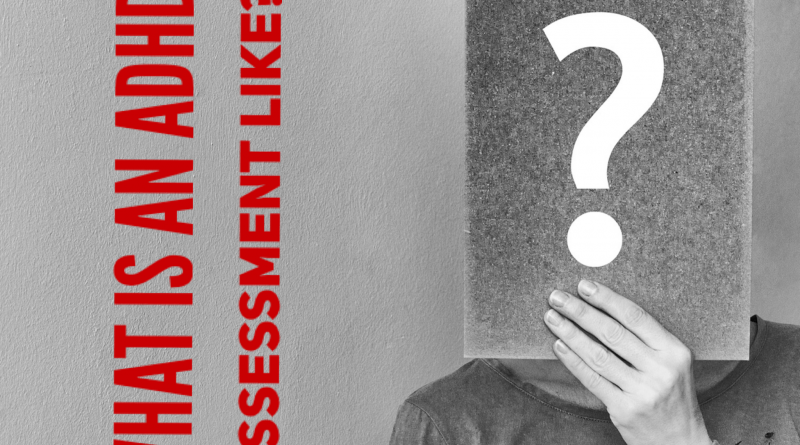What’s an ADHD Assessment Like?
This is part of a series of blogs on getting assessed for ADHD so check out the overview page for links to the other related posts. My assessment was conducted over a video conference platform. I read the instructions (well skimmed them) and tested the system as advised to make sure it worked with my browser.
When the appointment started I quickly discovered I did not have everything I needed (photo ID) so had to run off and get that. I’m sure the psychiatrist was making notes as I displayed typical ADHD behaviours. When I say run I do mean literally run. It’s a 60 min assessment and I wanted to get the most from it.
I thought the assessment was going to be someone trying to get me to prove myself. It was more relaxed than that. I suspect the paperwork carries a lot of weight as my session focused a lot on the medical side. This is partly to rule out other things that produce ADHD like symptoms and partly to highlight any aspects that might complicate treatment through medication.
I prepared for the assessment much as I’d prepare for a really important work meeting or a job interview. That is I went for a bike ride beforehand to stop myself from sitting and ruminating and I blocked out time afterwards t relax and reflect. I did not find it as cognitively draining as my Dyslexia assessment (4 hours of tests) but I am still glad I did this.
I also googled my psychiatrist. I don’t know much about psychiatrists but his career history looked impressive. That was reassuring for me. Whatever judgement would come would be based not just on the DSM criteria but also on a career spent working with neurodiversity, mental trauma, mental ill health and other related topics.
The behavioural part of the assessment is to review and expand on the information provided. It ran a bit like a job interview – while I had 101 things I wanted to say for each question once he had the info he needed he moved on.
In the assessment I replayed the lost keys example. I shared how I never understood why the reinforcement of having to sit for 2 hours on the doorstep waiting for parents to return from work along with being told off for losing keys again didn’t provoke a behaviour change. This caused an interjection – why did I think it would cause a change? I said basic behavioural conditioning – the avoidance of negative outcomes shaped behaviours. Then boom he dropped it – if losing keys is a result of a neurodevelopmental difference and not a thing I chose to do then why would behavioural conditioning change that? Tilt. I’ve been thinking about some things from the wrong perspective. Trying to train myself to do things that are not trainable.
I was asked about my drug habits during the assessment. This is in the overlap of the medical and behavioural. It is easy for people with ADHD to get addicted to things. I thought I was a goodie two shoes here. I don’t smoke, I don’t do illicit drugs, I don’t drink a lot. But he probed on the drinking. How much? How often? Why? It was the why that was my downfall. I’ll often drink to wind down. To quieten my mind from racing. Not much a glass or two of whisky a night. Measured 25ml glasses? Well no…. He suggested I was possibly self-medicating with alcohol and that could become a problem behaviour. He set me the challenge to not drink on 4 nights a week. Any 4 nights in the 7. I resolved to do this.
The assessment reached a conclusion that was shared with me there and then. I liked that. No waiting for a letter with an answer. He concluded that I have combined type ADHD. I am impulsive, hyperactive and inattentive.
He read my face like a book. Before I could ask he added – that if he discounted any behaviours that could be attributed to the previous dyslexia or dyspraxia diagnosis then I still pass the criteria for ADHD based on the DSM. This is reassuring as neurodivergent conditions are overlapping. Traits don’t align to the labels like some people like to pretend. What if my executive function challenges are a result of my dyslexia?
He wrapped up with a recommended course of action. Medication. The next stop was to write to the GP with the results of the assessment, and the recommended course of action, and an ask to confirm that nothing in my medical history would contraindicate this treatment.
ADHD medication is prescribed through a process called titration which I explain here.

